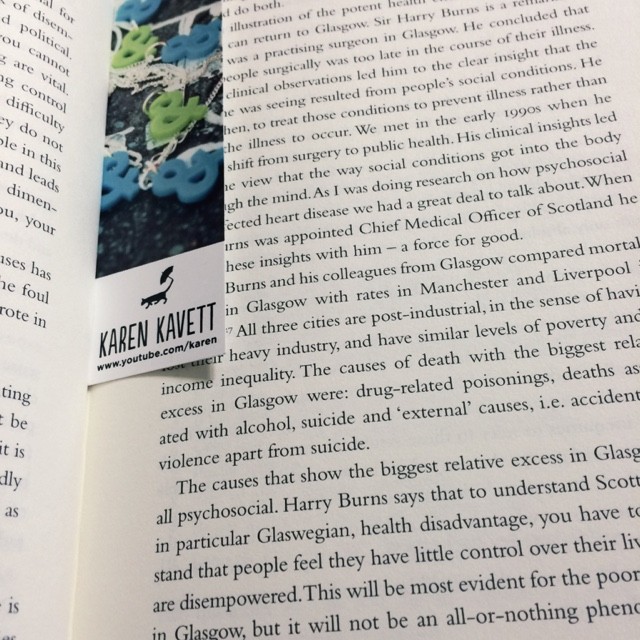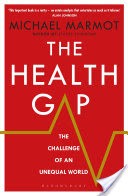
Should we, as much of modern medicine tries to do, at great expense, look for technical solutions and educate people and patients about healthy behavior? Or should we, in the tradition of Tressell, seek to create the conditions for people to live fulfilling lives, free from poverty and drudgery?


















